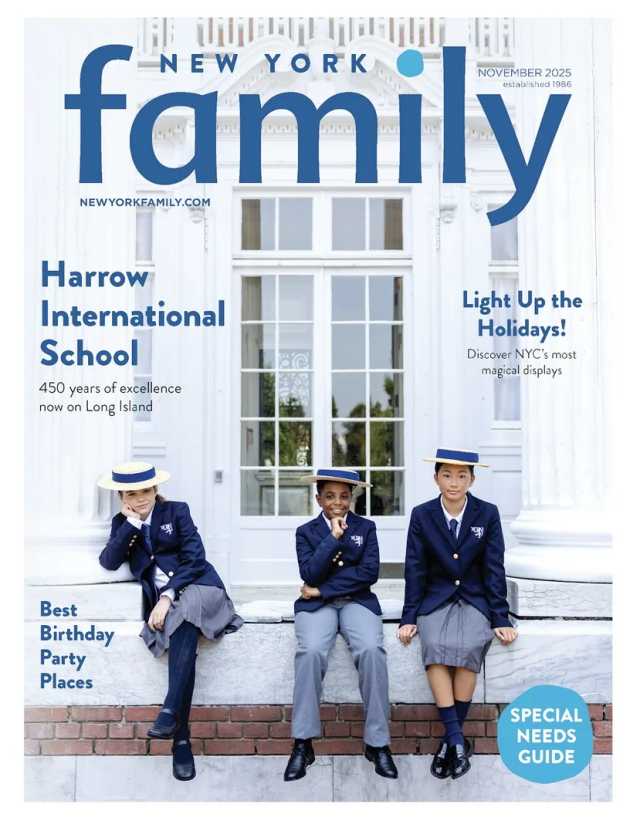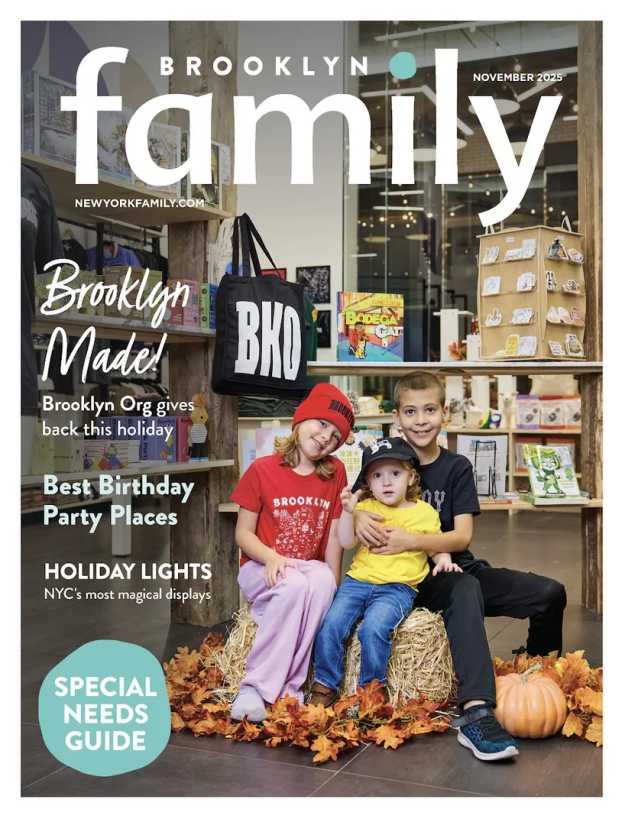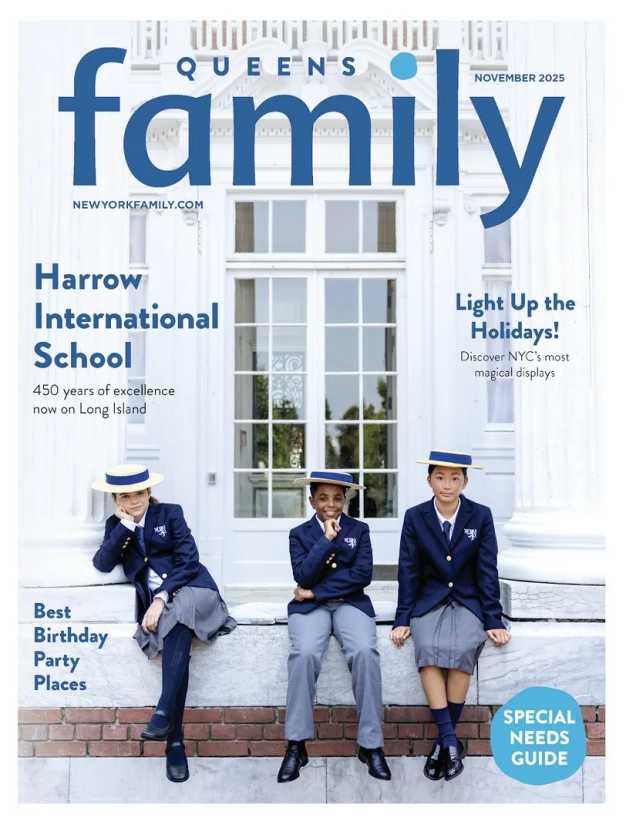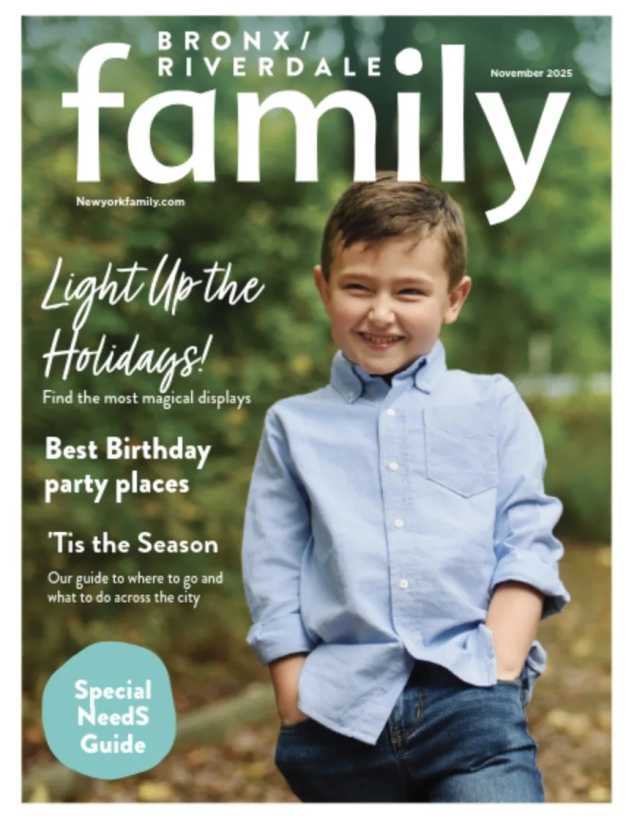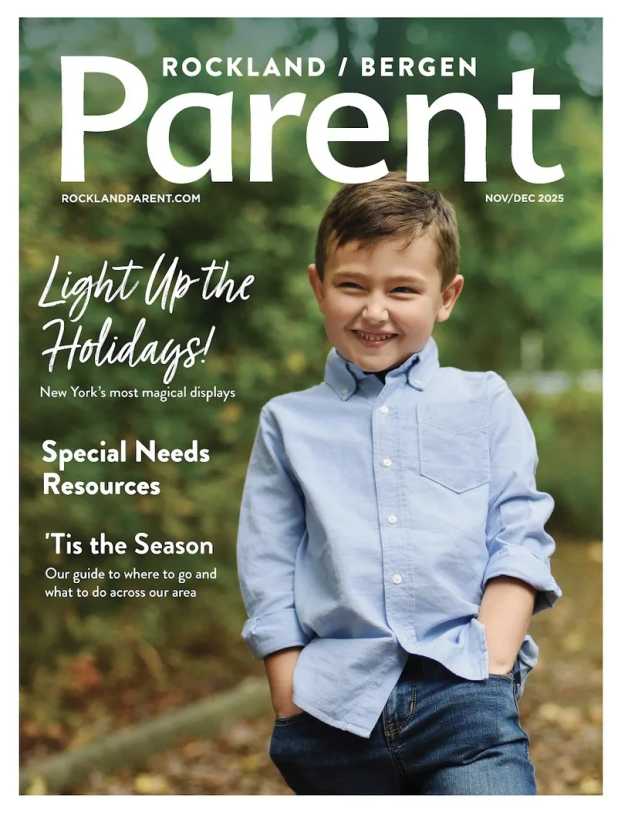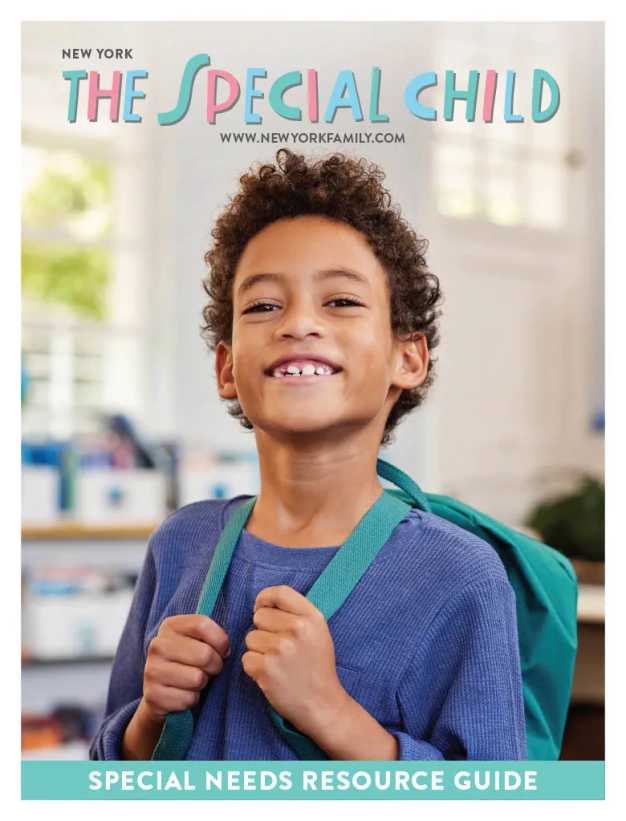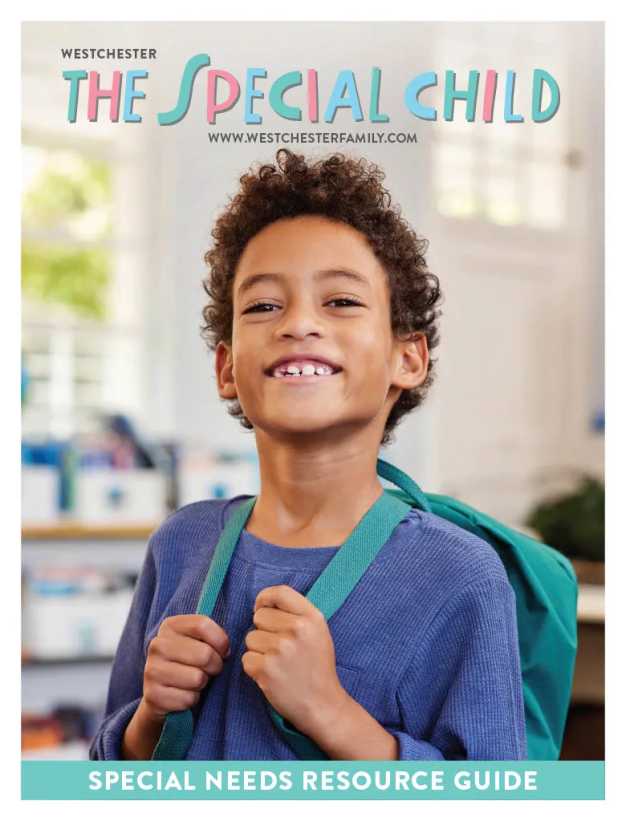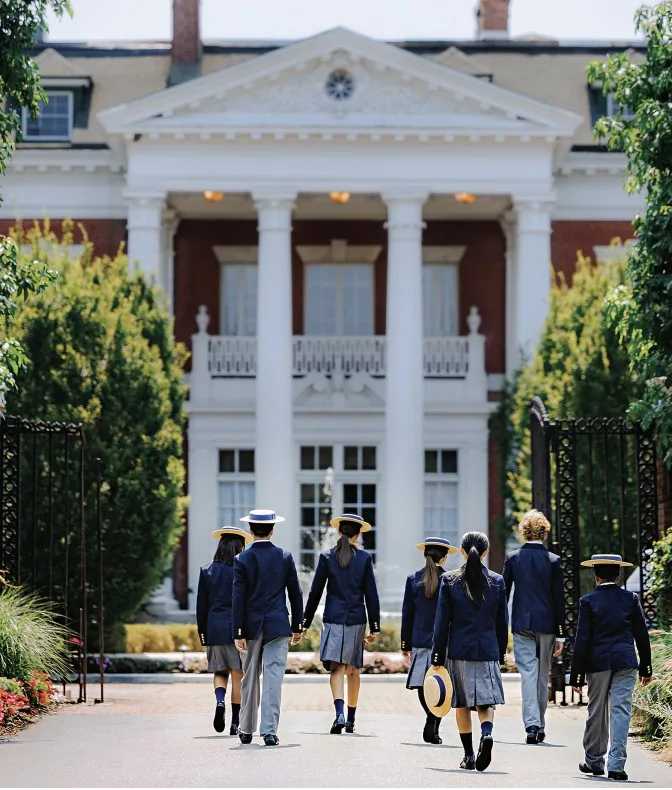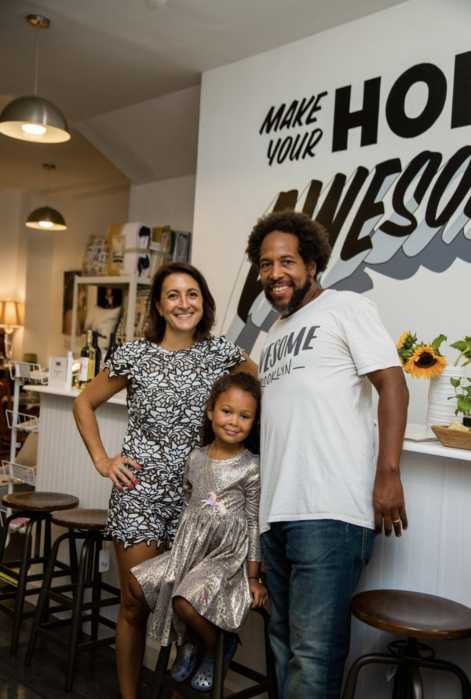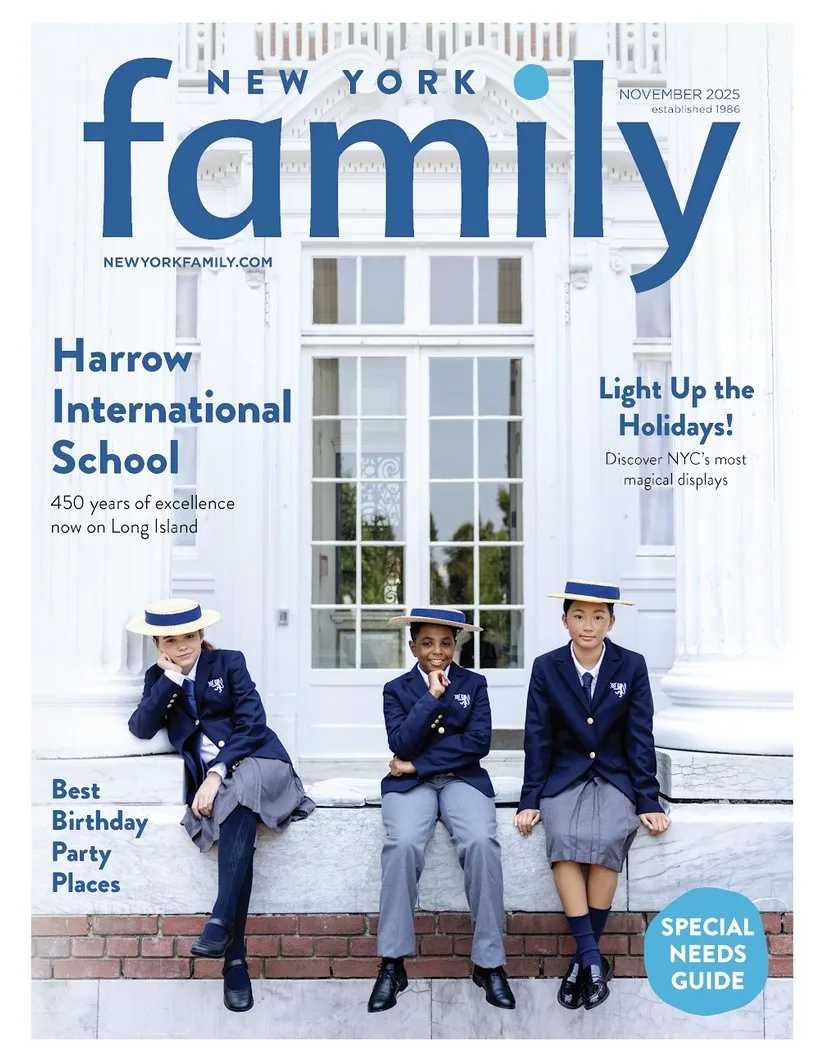
One of New York Family’s community-minded events is the annual Blackboard Awards, which is the longest-running and most prestigious celebration of excellence in local education, honoring schools, principals, and teachers from all education sectors (public, private, charter, and parochial) and grade levels. In addition to being a celebration of everyday educational heroes, the Blackboard Awards are also intended as a resource for parents. In that spirit, we asked the honorees of the 2013 Blackboard Awards For Teachers about how parents can help their children reach their full potential in school. Here’s what some of them had to say.
Elisha Ann, PS 158: “When parents model what they believe about school, children respond. For example, helping a child go to sleep early every day so he or she is not late for school shows that the parent cares about being on time for school. Second, if parents take an interest in the child’s work and ask questions like ‘How did you solve this?’ or ‘Can you tell me about this problem?’ rather than saying, ‘This is wrong. Let me help you fix it,’ it shows a child that their parents care about their thinking and not simply if it’s right or wrong.”
Donovan Barton, MS 54: “Encourage mistakes.”

Suzanne Budesa, The Earth School: “Encourage children to problem solve, engage them in thoughtful conversations, and learn alongside them. I am not a parent myself, but I grew up with two amazing parents. They taught my brother and me to persevere and to find our own ways. They did not always give us the answers or do things for us, but rather gave us the tools to help ourselves. When we wanted to know more about something, they took us to the library to research and look up books so we could teach ourselves.”
Sabrina Charles, PS 3: “Maintain a consistent line of communication with your child’s teacher to discuss the child’s progress and struggles, not only in the academic arena but in the social and emotional one as well. With any progress of the child, parents are to show some acknowledgment and praise and support their children’s growth. With any struggle of the child, parents are to likewise acknowledge their child’s difficulties and ask the teacher, ‘What can I do at home to further assist my child?’”
Frank Hatsis, The Speyer Legacy School: “I was hoping they would have some advice for me. They have lived and been around the block more than I have. I bow my head to them.”

Christina Jenkins, NYC iSchool: “I know that the young people I work with are constantly trying to figure out who they are and who they want to become, and I think that’s sometimes at odds with who we (as the adults in their lives) think they are or want them to be. I do my best to be aware of that gap, encourage experimentation, and forgive their mistakes within reasonable parameters. I learned that one from my mom.”
Doreen Kinley, Kipp Infinity Elementary School: “Get involved as much as possible. Ask your child’s teacher questions and find out what they are learning so that you can continue those learning experiences at home. Volunteer in the classroom, go on field trips, attend school events, and do whatever you can to be a part of your child’s education. Parent involvement is a critical part of a child’s education, and children are more invested in something they know is also important to their parents.”
Miranda Lau, Hunter College Elementary School: “Allow them unscheduled time to invent, dream, reflect, and create what they want. [And] read, read, read to your child and make sure they have access to a variety of reading materials.”
Perri Lawrie, Kipp Infinity Elementary School: “In my experience, academic success comes from being well rested and prepared for school, being read to each night, spoken to and engaged in questions about the world around them, and, above all, loved! Hugs and quality time go a long way toward a child’s self-concept and translate to self-confidence and success at school.”
Yeon Ji Park, Queens School of Inquiry: “Parents should encourage and support their children’s interests inside and outside of school. But that doesn’t mean forcing them into extracurricular activities, or believing discipline is not necessary because your child has innate talent. The school setting is a practice microcosm of the real world. There are so many obstacles to hurdle and puzzle pieces to fit together. If you do not help them practice skills taught in classes at home, your child will struggle and you are depriving your child of opportunities for success now and in the future.”
Leslie Rossello, Our World Neighborhood Charter School: “The biggest thing a parent can do is to be involved. Keep in touch with your child’s teacher. Find out what your child is learning in class and talk to him or her about it. Make school a priority at home by reading with your child, and checking his or her homework. Celebrate successes, even the small ones! Hang quizzes on the fridge. If education is important at home, kids are more likely to excel.”

Ben Rubenstein, Bard High School: “I think both parents and students should know that learning is not static. You must accept that you will make mistakes and that those are beneficial. That reflection must be built into that process so that you can learn from the mistakes… In general, students and parents should engage in school as though this was an endeavor to figure out how to learn, not what to learn.”
Steven Schwartz, St. Hilda’s & St. Hugh’s School: “Parents should do their best to support teachers of all subjects, being careful to avoid imprinting their own prejudices onto their kids. What messages do children take away when parents tell them that they were never good at math or that they did not like chemistry or you will not need Latin? In addition, a parent should remain vigilant about their child’s progress and be proactive in getting help if difficulties in one subject or another arise. I think it is as much the parent’s responsibility to be aware of developing problems as it is the teacher’s to make them aware of them. No parent should be truly surprised to learn that his or her child is doing poorly in a particular class.”
For more information, visit blackboardawards.com
Keep reading for more on where to find resources for all things education in NYC
